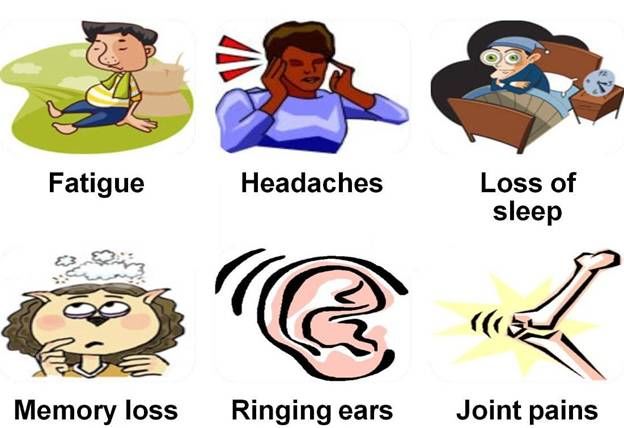Cell phones have become an integral part of our daily lives and have brought about many positive and negative effects.
On the positive side, cell phones have greatly improved communication and accessibility. With the ability to make calls, send texts, and access the internet from virtually anywhere, people are able to stay connected with their loved ones and access important information at all times. This has made it easier for people to stay in touch and stay informed, which can be especially beneficial in emergency situations.
Cell phones have also had a significant impact on the way we do business. With the ability to access emails and conduct conference calls on the go, people are able to work remotely and be more productive. This has led to the rise of the gig economy and has given people more flexibility and autonomy in their work.
However, cell phones have also had some negative effects on society. One of the main concerns is the potential for addiction and the negative impact on social interactions. With the constant access to social media and the pressure to constantly check emails and notifications, people may find themselves spending more time on their phones and less time interacting with others in person. This can lead to a lack of real-life connections and social skills, and can contribute to feelings of loneliness and isolation.
Another negative effect of cell phones is the potential for distraction. While driving, for example, using a cell phone can significantly increase the risk of accidents. In addition, the constant notifications and alerts can be distracting and make it difficult for people to focus on their tasks.
In conclusion, cell phones have brought about many positive and negative effects on society. While they have greatly improved communication and accessibility, they also have the potential to be addictive and distracting. It is important to use cell phones responsibly and to find a balance between the benefits and drawbacks.









